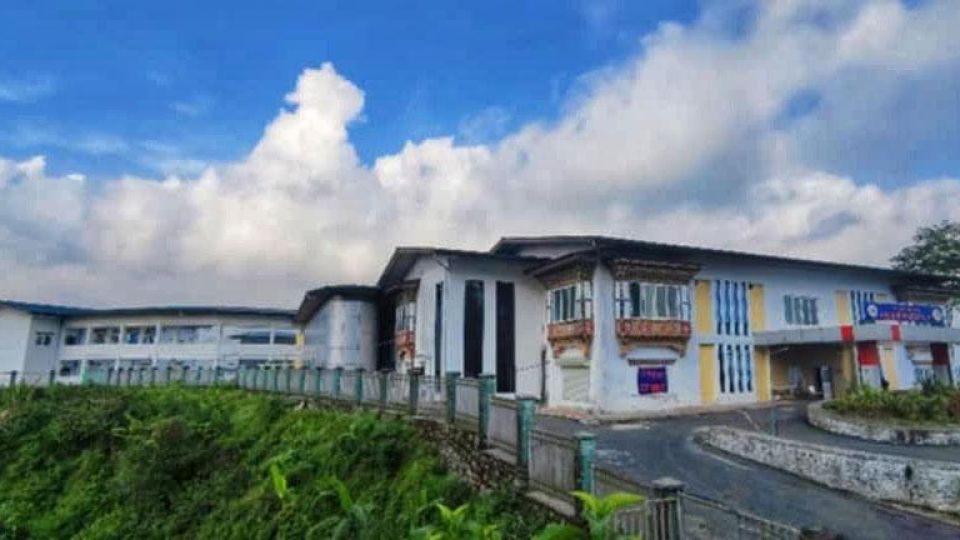April 21, 2025
THIMPHU – For more than three months, the gynaecology department at Jigme Dorji Wangchuck Military Hospital in Dewathang, Samdrupjongkhar has remained without a specialist.
The hospital’s only gynaecologist has been on leave since late December, allegedly escorting a patient to India.
With no replacement provided during her absence, many pregnant women and patients are struggling to access essential check-ups and delivery care.
This has forced many to travel either to Trashigang or Gelephu Central Regional Referral Hospital to seek medical service. For women in the final trimester, such journeys are not only stressful but also financially burdensome.
Tandin Zangmo, 24, from Samdrupcholing in Samdrupjongkhar, said that when she visited the hospital in Dewathang, there was no gynaecologist and health officials referred her to Trashigang Dzongkhag Hospital.
“Travelling to another dzongkhag to give birth becomes costly,” she said. Chezang, a 40-year-old mother, said that travelling to other dzongkhags during emergencies poses a high risk of losing both the mother and the baby due to complications. “Having a regular gynaecologist in Dewathang could be life-saving.”
Jigme Dorji Wangchuck Military Hospital serves a broad population across southeastern Bhutan, including Samdrupcholing and Jomotsangkha Drungkhags in Samdrupjongkhar, as well as parts of Pemagatshel, including Nganglam, and Wamrong in Trashigang.
For many of these areas, the hospital is the nearest health facility equipped to handle complex maternal and obstetric cases. But in the absence of a gynaecologist, patients are referred to hospitals more than 200 kilometres away.
“It is easier to go to Guwahati (Assam) than to Mongar or Trashigang for a caesarean,” said Karma Gyalsthen, a resident of Samdrupcholing.
Though Guwahati is geographically closer, roughly 100 kilometres or a two-and half-hour drive, it has its own set of problems: border paperwork, costly hospital fees, accommodation expenses, and currency limitations. For many low-income families, these are insurmountable obstacles.
Due to the absence of a gynaecologist at Dewathang Hospital, Ngawang Dorji, a civil servant, had to take his pregnant wife to Guwahati for emergency treatment.
“Had there been a gynaecologist and proper facilities for premature births at Dewathang Hospital, my wife and child would have been treated within the country,” he said. “The government spent Nu 170,000 on the referral. I personally spent another Nu 50,000 on living expenses. This could have been avoided if Dewathang was staffed properly.”
Where is the gynaecologist?
The hospital had a gynaecologist until December last year, but the position is currently vacant as the doctor is out of the country.
According to hospital officials, she was granted leave to escort a patient to India and was expected to return by the end of April.
However, with no assurance of when she might come back, the hospital has sent a request to Lungtenphu Military Hospital in Thimphu for a temporary replacement. But relief has not arrived.
“Whenever the caseload and referral cases spike, we invite gynaecologists from other dzongkhags to manage the cases. If there are signs of complications, we immediately refer patients to Mongar or Trashigang and provide an ambulance,” said a health official.
Health officials said that at least two gynaecologists are needed in Dewathang to ensure continuity of care. But dual staffing has rarely been the norm in the country’s remote medical centres.
Aside from the missing gynaecologist, Dewathang hospital is also without an ophthalmologist, ENT specialist, dentist, and orthopaedist.


